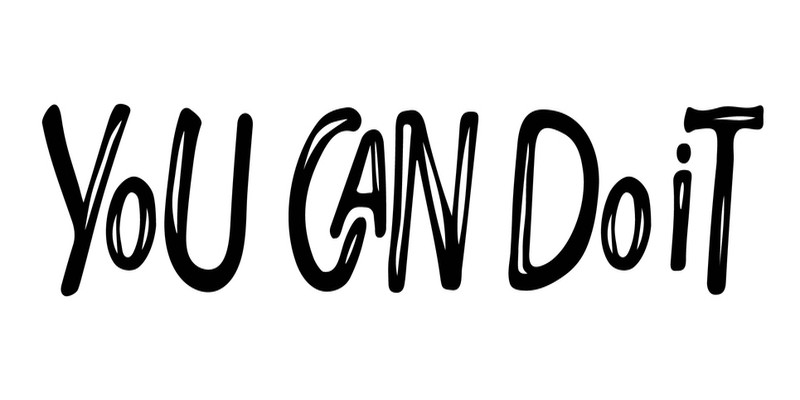

When learning English, small words can sometimes carry big meaning. One such word is “can.” It’s short and simple, but it plays a very important role in everyday communication. Whether you are talking about your abilities, asking for permission, or discussing possibilities, can helps you express yourself clearly and confidently.
In this post, we’ll explore the many ways you can use can in English, look at real-life examples, and learn how to avoid common mistakes. By the end, you’ll see how mastering this small word can make a big difference in your English.
The word can is a modal verb. Modal verbs are special helping verbs that change the meaning of the main verb in a sentence. Can is most often used to talk about:
Ability – what someone is able to do
Permission – what someone is allowed to do
Possibility – what is likely or possible to happen
It’s easy to learn, but using it correctly takes practice. Let’s break it down step by step.
When we want to say that someone knows how to do something or has the skill to do it, we use can.
✨ Examples:
I can swim. 🏊
She can speak three languages. 🌍
We can play the guitar. 🎸
Can you ride a bike? 🚴
💡 Tip: Never add “to” after can.
❌ I can to swim.
✅ I can swim.
This is one of the most common mistakes English learners make, so keep it in mind!
We also use can to ask for or give permission. This use is very common in classrooms, workplaces, and daily conversations.
✨ Examples:
Can I use your pen? ✍️
You can borrow my book. 📚
Can we go outside now?
In formal English, some teachers prefer may instead of can, but in everyday modern English, can is perfectly acceptable.
💡 Fun tip for learners: If you’re in class and want to be extra polite, you can use may. For example: May I leave the room? But if you are with friends, Can I leave? sounds more natural.
Sometimes we use can to say that something is possible.
✨ Examples:
It can get very hot in summer. ☀️
Learning English can be fun! 📖
Accidents can happen if you’re not careful. 🚦
This use shows that something might happen, not that it always does.
One of the easiest ways to ask questions in English is by using can.
✨ Examples:
Can you help me with my homework? 📝
Can I call you later? 📱
Can we meet tomorrow?
Notice that the structure is very simple:
Can + subject + base verb + rest of the sentence?
💡 Learner-friendly trick: If you can answer “Yes, I can” or “No, I can’t,” then you formed the question correctly!
The negative form of can is cannot or its shorter form can’t. Both are correct, but can’t is more common in everyday English.
✨ Examples:
I can’t drive a car. 🚗
She can’t come to the party. 🎉
We cannot ignore the problem.
💡 Note: Cannot is more formal and is usually written, while can’t is used in speaking.
English learners often confuse can with could. Both are modal verbs, but they are used differently.
Can = present or future ability/permission
Could = past ability or polite requests
✨ Examples:
I can swim now. (present ability)
I could swim when I was a child. (past ability)
Can you pass me the salt? (neutral)
Could you pass me the salt? (more polite)
Think of could as the softer, more polite version of can when making requests.
Here are some real-life situations where you’ll use can:
At School/Work:
Can I answer the question?
Can we have a short break?
At Home:
Can you set the table?
We can order food tonight.
Traveling:
Can I see your passport, please?
You can take a taxi from the station.
Shopping:
Can I pay by card?
You can return the item within 7 days.
When you notice how often can appears in real life, you’ll understand why it’s such a useful word to master.
Here are some mistakes English learners often make with can:
❌ Wrong: I can to play football.
✅ Correct: I can play football.
❌ Wrong: He cans swim.
✅ Correct: He can swim. (Can does not change with “he, she, it.”)
❌ Wrong: I can able to speak English.
✅ Correct: I can speak English. OR I am able to speak English. (Not both together!)
By avoiding these small errors, your English will sound much more natural.
The best way to master can is to use it every day. Try these activities:
Daily journal practice: Write 5 sentences with can each night. Example: I can cook rice. I can call my friend tomorrow.
Role play with a friend: Ask each other questions using can. Example: Can you play the piano? Can you speak Hindi?
Instagram challenge: Post a story or reel where you say “I can ___” and fill it with something fun you can do. Invite your followers to reply with their own!
Ability: I can dance.
Permission: Can I use your phone?
Possibility: It can rain tomorrow.
Negative: I can’t drive.
Questions: Can you help me?
Difference with could: Could = past ability or polite requests.
The word can may look small, but it’s one of the most powerful tools in English. With just three letters, you can show what you’re able to do, ask politely for things, and talk about what’s possible.
If you practice using can in your daily conversations, you’ll notice your English becoming smoother and more natural. Remember:
Use can for ability, permission, and possibility.
Watch out for common mistakes like “can to” or “he cans.”
Practice with real-life situations—school, home, shopping, or travel.
So the next time someone asks what you can do in English, you can proudly say:
👉 I can speak English with confidence!

Leave a Reply